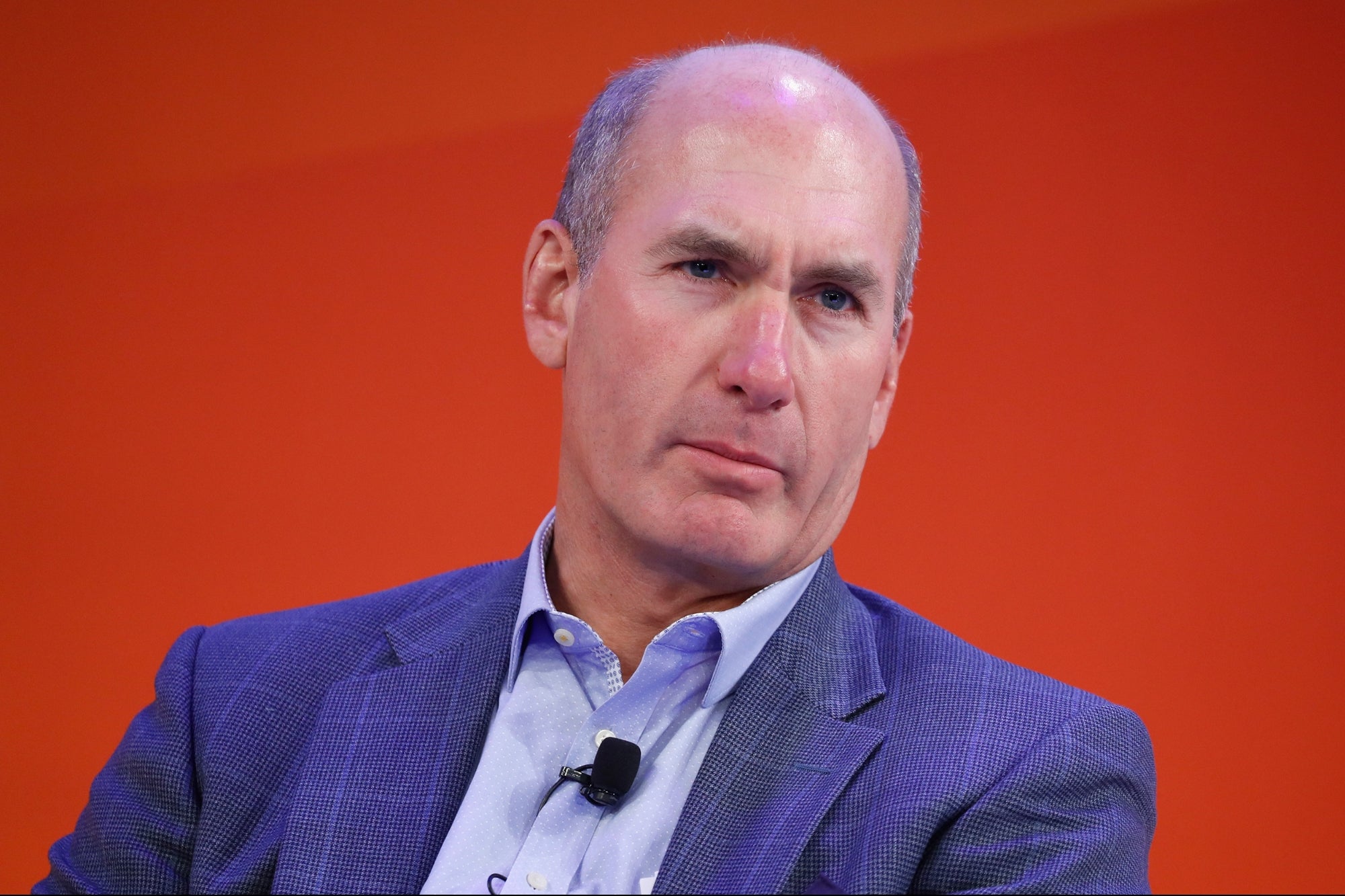The 4 Pillars of Leadership Success Being a good leader can feel like an abstract goal, but it doesn't have to be. Here are the four pillars that I believe are the foundation of effective, successful leadership.
By Hope Horner Edited by Chelsea Brown
Key Takeaways
- Great leadership is rooted in four key pillars: planning, people, process and performance.
- Mastering each pillar is crucial for guiding your team towards sustainable growth and success.
Opinions expressed by Entrepreneur contributors are their own.
As an entrepreneur, understanding how to be a great leader yourself — and how to find and instill great leadership in others — is critical.
Throughout my journey as an entrepreneur and CEO, I've sifted through countless leadership frameworks, read tons of books, debated with colleagues and spent years figuring out what makes an effective leader. In my view, great leadership boils down to four key pillars: planning, people, process and performance.
Let's break down each pillar, why it matters and how you can use it to become a better leader.
Related: A Guide to Becoming an Effective Leader: The 6 Traits of Every Successful Leader
Planning: Conscious strategy
Planning is the first pillar of effective leadership. My definition of planning involves setting clear, measurable goals, outlining specific steps to achieve them and creating a strategic roadmap to guide the way.
Importantly, my definition also includes prioritization. Part of planning is understanding that not everything can be a focus at the same time and being proactive about using your resources most effectively. Whether you're constrained by time, budget, team expertise or something else entirely, great leaders will clearly outline what their priorities are — and what their priorities are not — throughout a project's life cycle.
To be a leader who plans effectively, you need to embrace foresight, decisiveness and a big-picture view. Practice seeing challenges and opportunities ahead, making smart decisions and keeping a clear vision of where you're headed.
When leaders neglect planning, their teams are likely to struggle with making progress towards their goals. They may feel disorganized, overwhelmed or frustrated at the lack of results their efforts are generating. It's the leader's job to course correct, managing the many variables that can affect a project instead of hoping everything falls into place.
People: Clear expectations
People are at the heart of any organization, and managing them well is crucial. I believe the foundation of managing people is clear communication and expectations.
Why are clear expectations so important? People can only succeed in their roles if they know what success looks like — and that alignment may not come naturally.
For example, some leaders may think "success" in a role requires constant communication and churning out deliverables. Others may think "success" requires innovative thinking and taking ownership over the role. Both perspectives are valid, but for employees to excel in their roles, they need to know how you'll be evaluating performance and what you want to see them achieve.
As leaders, it's also our responsibility to organize our time so that we can manage proactively rather than reactively. This requires clear, organized and thoughtful direction to keep teams aligned and working productively.
When leaders fail to set clear expectations, teams can become confused and unmotivated. They may struggle to understand their roles or what is expected of them, leading to misalignment and decreased productivity.
It's crucial for leaders to communicate openly and frequently, ensuring everyone is on the same page and working towards common goals. This clarity not only enhances individual performance but also fosters a culture of accountability and mutual respect.
Related: 3 Steps to Help Employees Understand Your Objectives and Expectations
Process: Coordinated systems
The process pillar focuses on the importance of coordinated systems and productive organizational design. The heart of an efficient team is a well-structured organization with clear methodologies and processes. This structure serves as the foundation for building next-level growth and development.
By holistically understanding the current organizational design, leaders can identify areas for improvement and implement new systems that enhance efficiency and productivity. Coordinated systems ensure that everyone is working towards common goals in a consistent and streamlined manner.
Depending on the role and organization, creating processes may require establishing standard operating procedures, optimizing workflows and leveraging technology to support organizational needs.
A well-defined process also requires regular attention. A system that's effective and efficient today may not be effective and efficient a year from now. As your company grows, your team changes and technology advances, processes may need updates and overhauls to reflect the new environment.
When leaders overlook the importance of processes, teams can become inefficient and chaotic. Without clear systems and methodologies, you may see the effects of duplicated tasks and wasted effort on overall productivity. Effective process management enables teams to operate more efficiently, reducing redundancy and maximizing resources.
Performance: Consistent accountability
Performance is the final pillar, emphasizing the importance of consistent accountability. Effective leaders value results and hold teams and team members accountable for achieving their goals. This involves having a bias towards action, finding ways to solve problems and breaking large projects into actionable chunks.
Accountability is also about ensuring that everyone is responsible for their contributions, and that performance is regularly monitored and evaluated. Leaders need to set clear performance metrics, provide regular feedback and recognize achievements among their teams.
When leaders neglect accountability, performance can suffer. Teams may lack direction, fail to meet goals and miss opportunities for improvement. In the long term, the business may struggle to move forward at all.
By fostering a culture of accountability, leaders encourage continuous improvement and drive high performance across the organization.
Related: Fostering This Trait Is One of the Hardest Things for Leaders to Get Right
At the end of the day, "being a good leader" can feel like an abstract, intangible goal. However, it really comes down to nailing these four foundational areas. By applying these pillars to your own leadership and instilling them in your team, you'll be on the right track towards sustainable growth.












